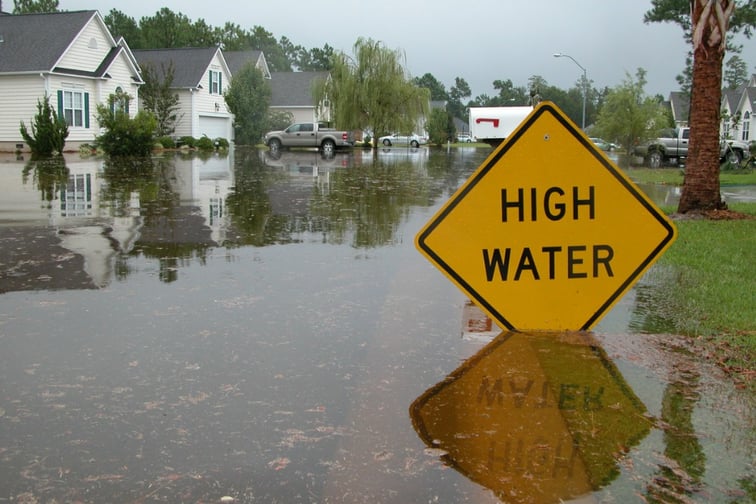

More than $2 billion has already been paid out by insurers to customers impacted by Australia’s third-costliest natural disaster – the February/March 2022 flooding in Queensland and New South Wales (NSW), according to the Insurance Council of Australia’s (ICA) latest data.
In dollar terms, nearly 40% of the value of all claims made has been paid out to customers. The average claim is $22,000, with personal claims averaging $17,000 and commercial claims averaging $71,000, and the number and value of claims has been relatively evenly split between Queensland and NSW. Of the 230,000 claims received by insurers from the event, 36% are now finalised and closed.
ICA CEO Andrew Hall said insurers continue to employ more people and contractors to resolve the claims related to the catastrophic flooding. However, customers must expect delays due to a shortage of experts needed to make assessments and significant constraints on builders and building materials.
“The February and March East Coast Flood is continuing to break near 50-year records, demonstrating just how devasting this catastrophe was for so many communities,” he added.
Read more: ICA backs Western Sydney flood package
The new data comes as the Commonwealth Scientific and Industrial Research Organisation (CSIRO) released its one-in-a-decade megatrends report, which revealed that the cost of natural disasters is predicted to triple over the next 30 years as climate change worsens.
CSIRO’s report echoed the ICA’s calls for increasing federal and state government investment in improving household and community resilience against extreme weather.
Hall said the ICA looks forward to the release of the NSW government’s independent O’Kane-Fuller Inquiry, which focuses on the causes of the recent catastrophic floods, the emergency response, and the future of building on floodplains.
“The Insurance Council looks forward to reviewing the findings of the O’Kane-Fuller Inquiry and will continue to advocate strongly for governments to increase investment in effective long-term mitigation solutions for communities at risk of flood and other extreme weather events,” he said.
“The scale and impact of the increasing likelihood of further events, as detailed in the CSIRO report, make it imperative that the rebuild and reconstruction from this flood significantly improves the resilience of these communities to future extreme weather events.”
